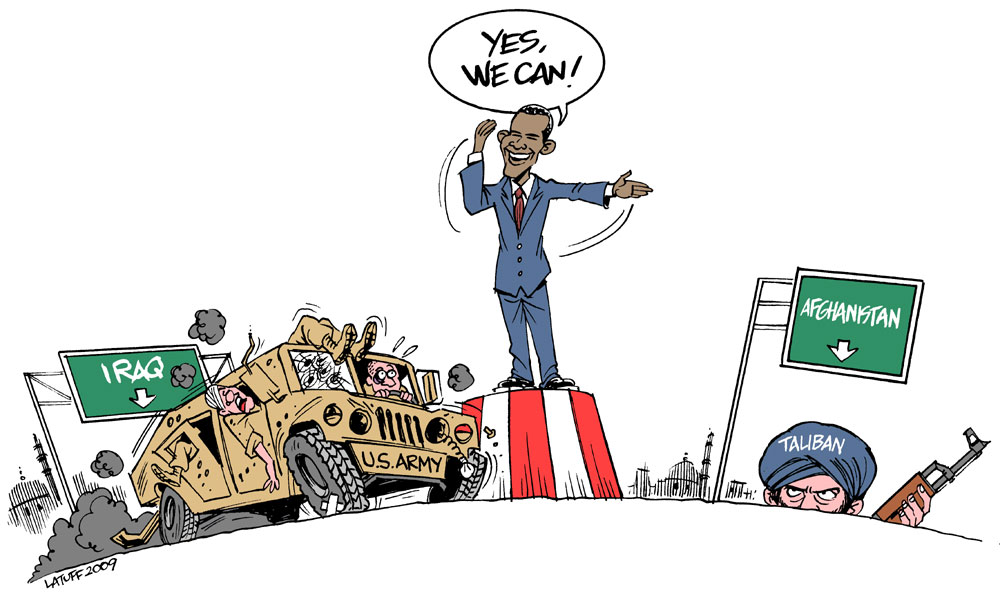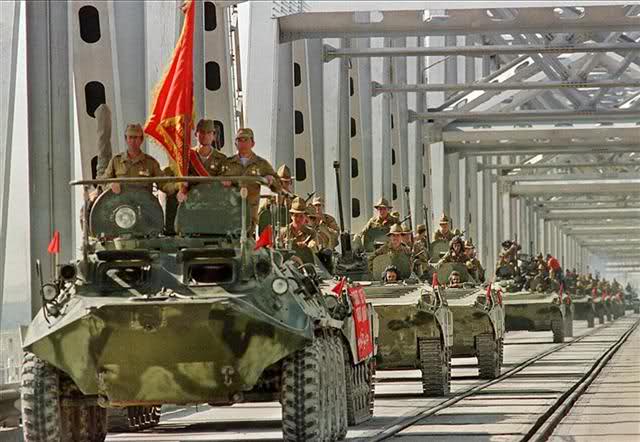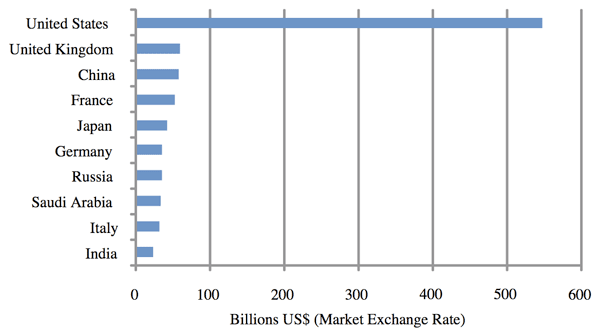Bulkboy
Mecca V.I.P.
VIP
- Joined
- Oct 22, 2006
- Messages
- 4,196
- Points
- 0
shifting troops is hardly a withdrawal.
going from the living room to the kitchen doesn't mean you left the house.
all they did was leave the large cities. they are still conducting business as usual right outside the cities.
when Obama brings all the US troops home from around the world (specifically the middle east) then we can celebrate. until then, nothing will have changed.
but its a shift in policy, that i would have thought u guys would welcome. nothing in politics happends overnight. it is a sign of improvements in iraq though and more confidence in the iraqi populations ability to run their own country.
























 .... the US military is an example of the government spending money effectively and efficiently?!
.... the US military is an example of the government spending money effectively and efficiently?! 
 accept the fact that not everyone agrees with u, and that u will be called out on ur views from time to time.
accept the fact that not everyone agrees with u, and that u will be called out on ur views from time to time. 








